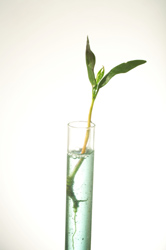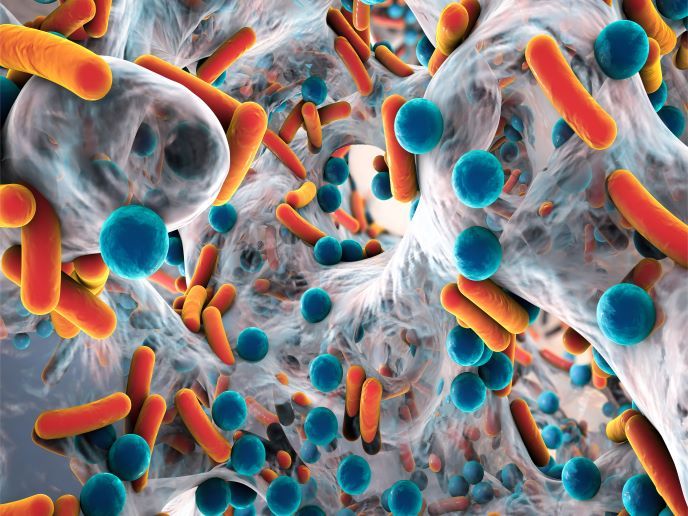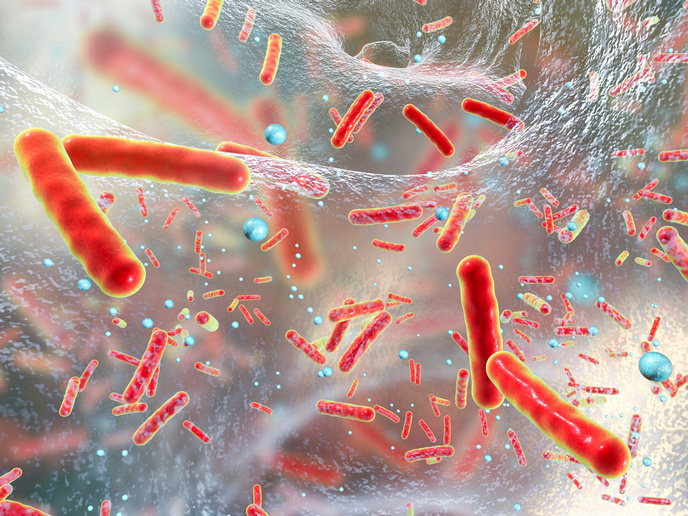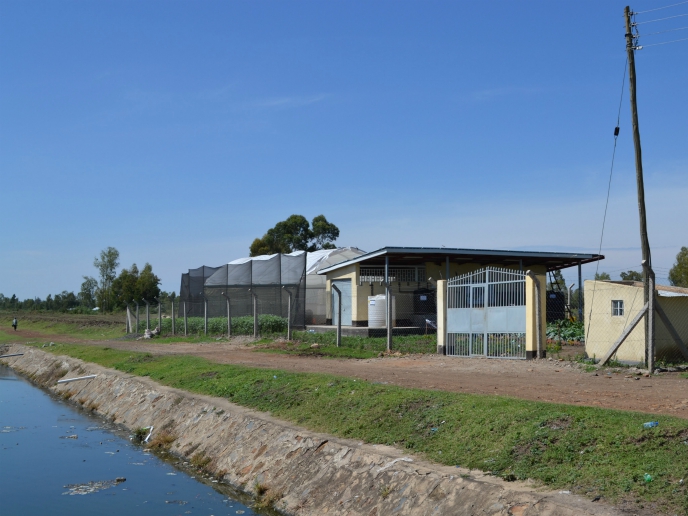Microbial inoculants for tropical agriculture
Researchers developed a simple procedure for isolating DNA from the root nodules of tropical legumes. Legumes are able to fix atmospheric nitrogen in the soil due to the presence of bacteria known as rhizobia in the plant's root nodules. Well-known species of legumes include peas, beans, lentils, clover and alfalfa. The beneficial effects that can be gained from inoculating trees and crops have been known for a number of years. Although these techniques have been used around the world, the technology was not well developed in Africa. Therefore, increased uptake by local users was encouraged by promoting initiatives such as ROPPA (Network of Farmers' and Agricultural Producers' Organisations of West Africa). This association has collaborated with millions of farmers throughout West African countries. The distribution of nitrogen fixing symbiotic bacteria inoculants was implemented through international manufacturers, or they were produced by local units. Mycorrhizal fungi, which have a symbiotic relationship with the roots, were produced on the plants. Small production units were tested under the supervision of farmer's organisations, while the distribution of inoculants to users was carefully controlled. Primary end-users for this work include laboratories who wish to follow the behaviour of selected microbial strains during field trials. The techniques developed can be employed by quality control services in order to identify the strains in the inoculants. Farmers and foresters can also benefit from high quality inoculants.







